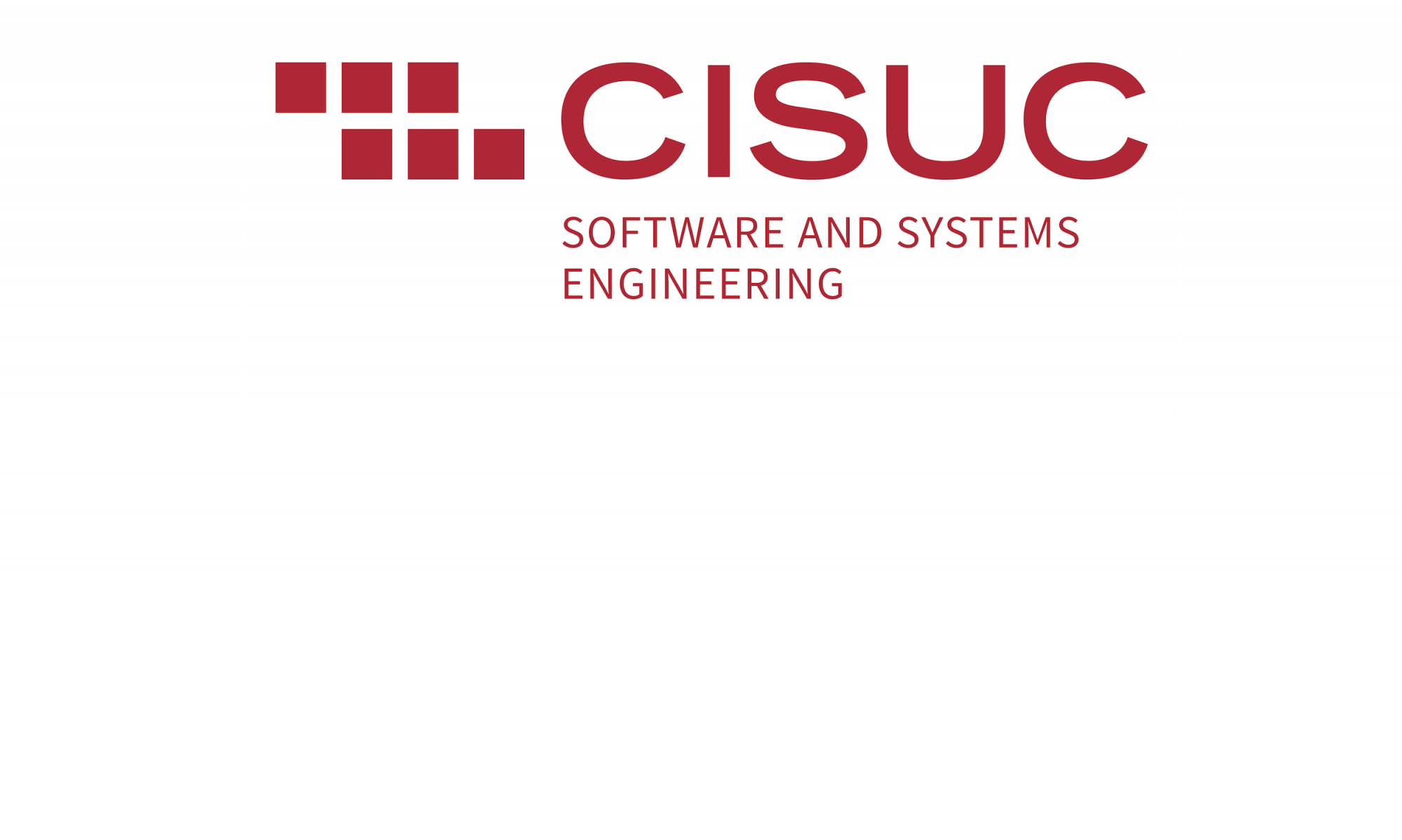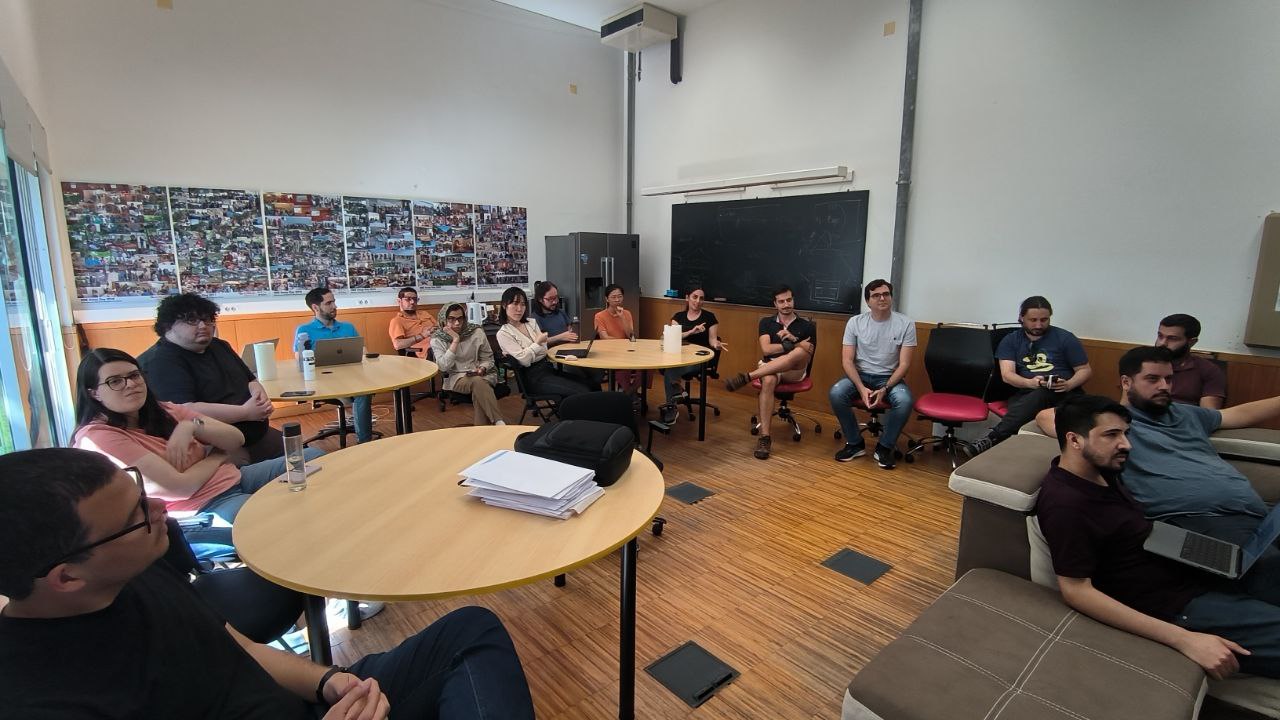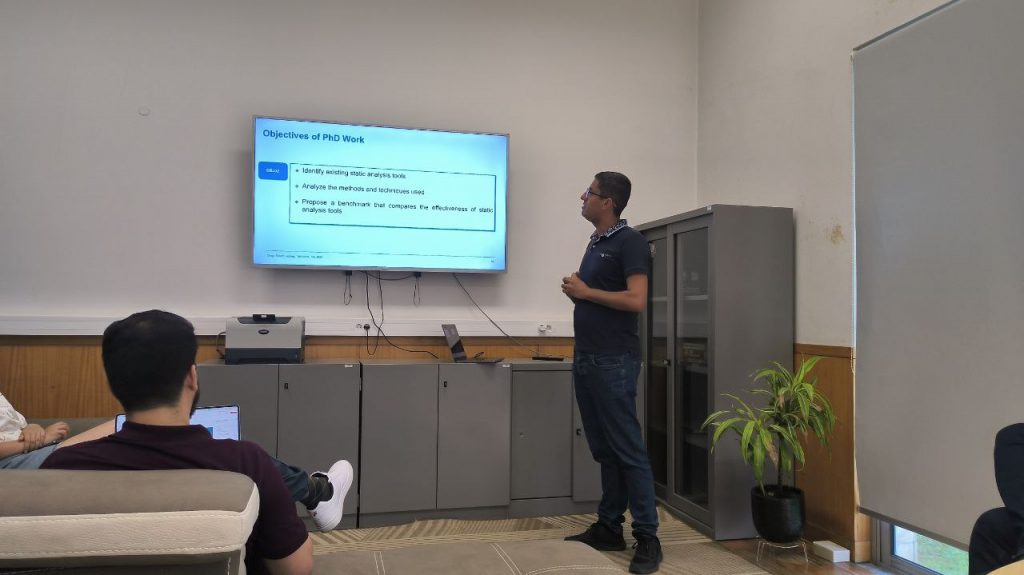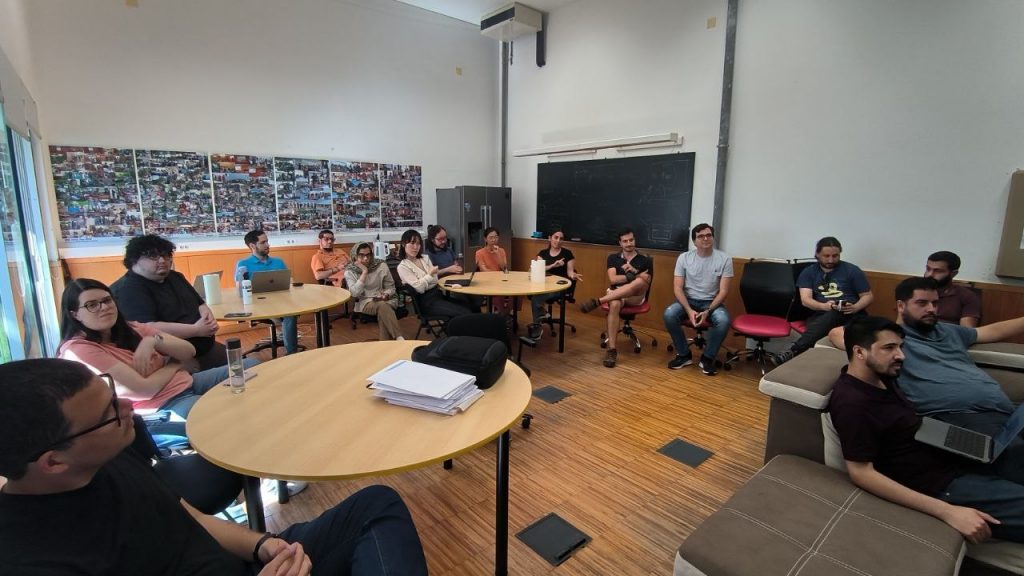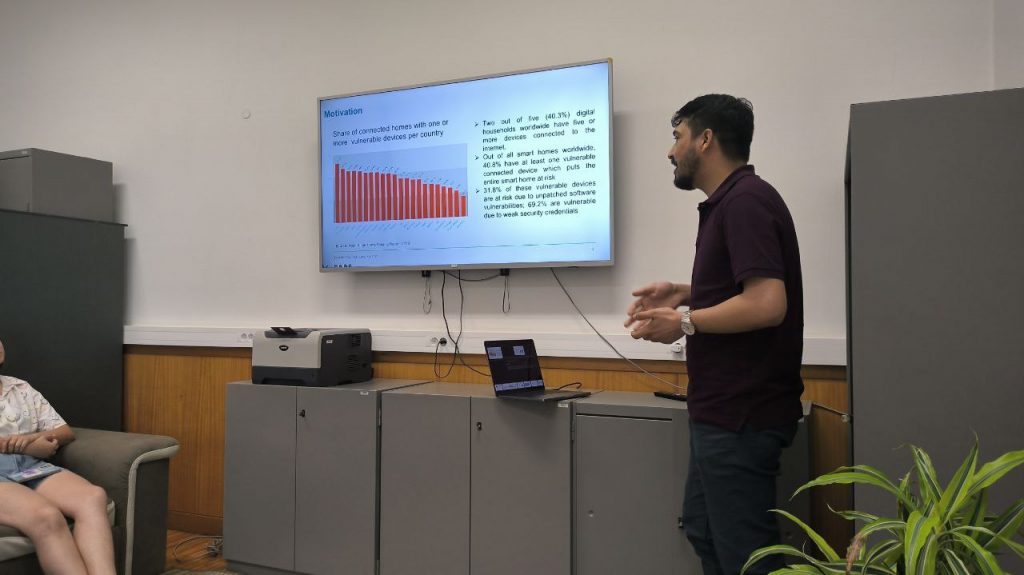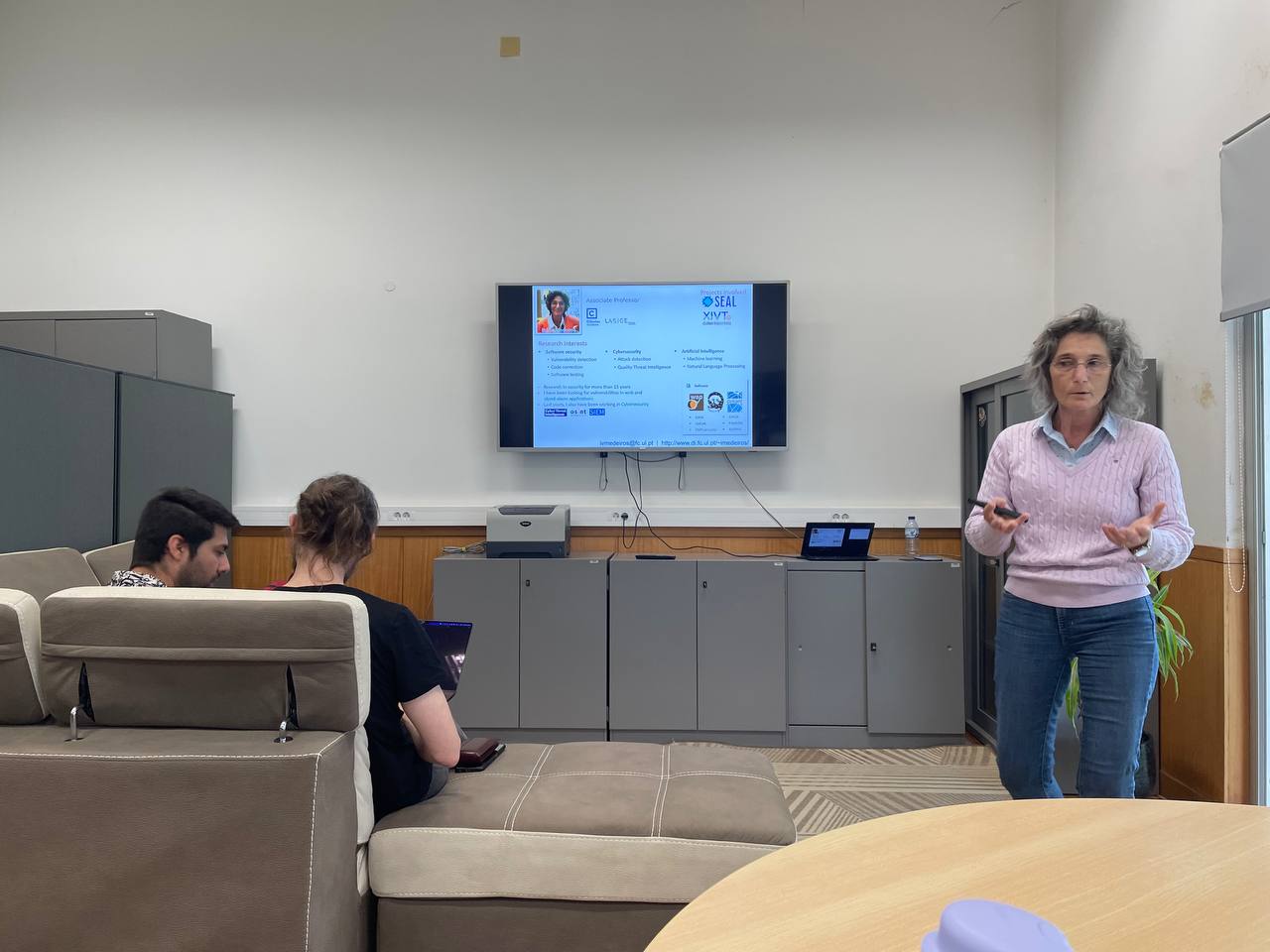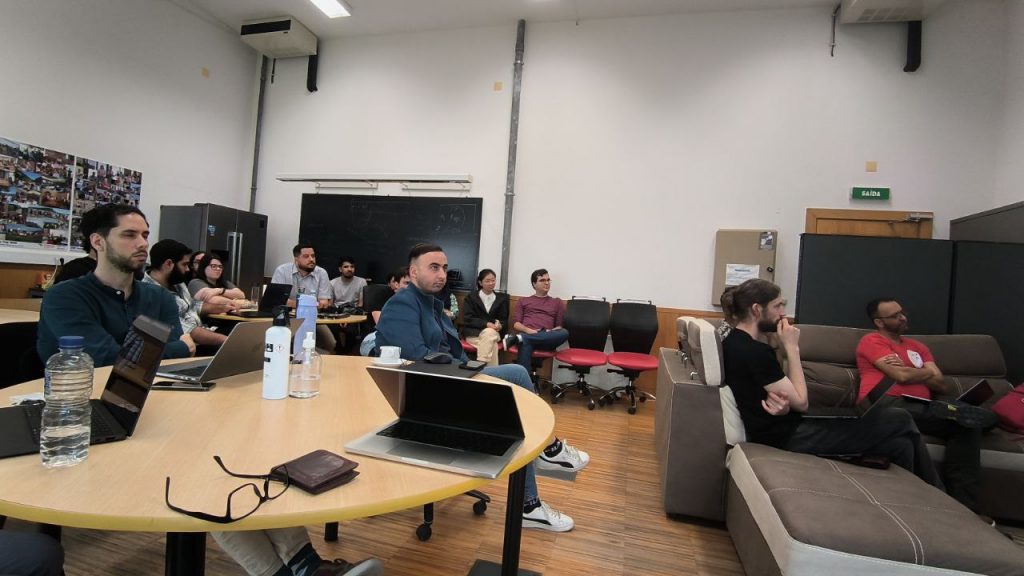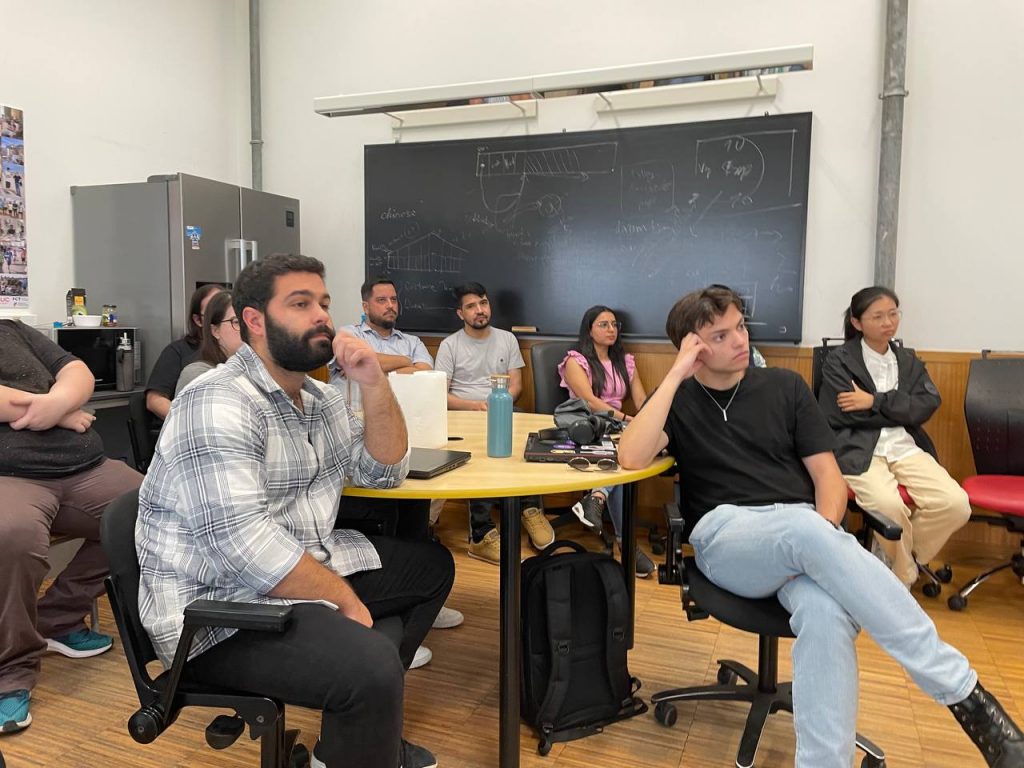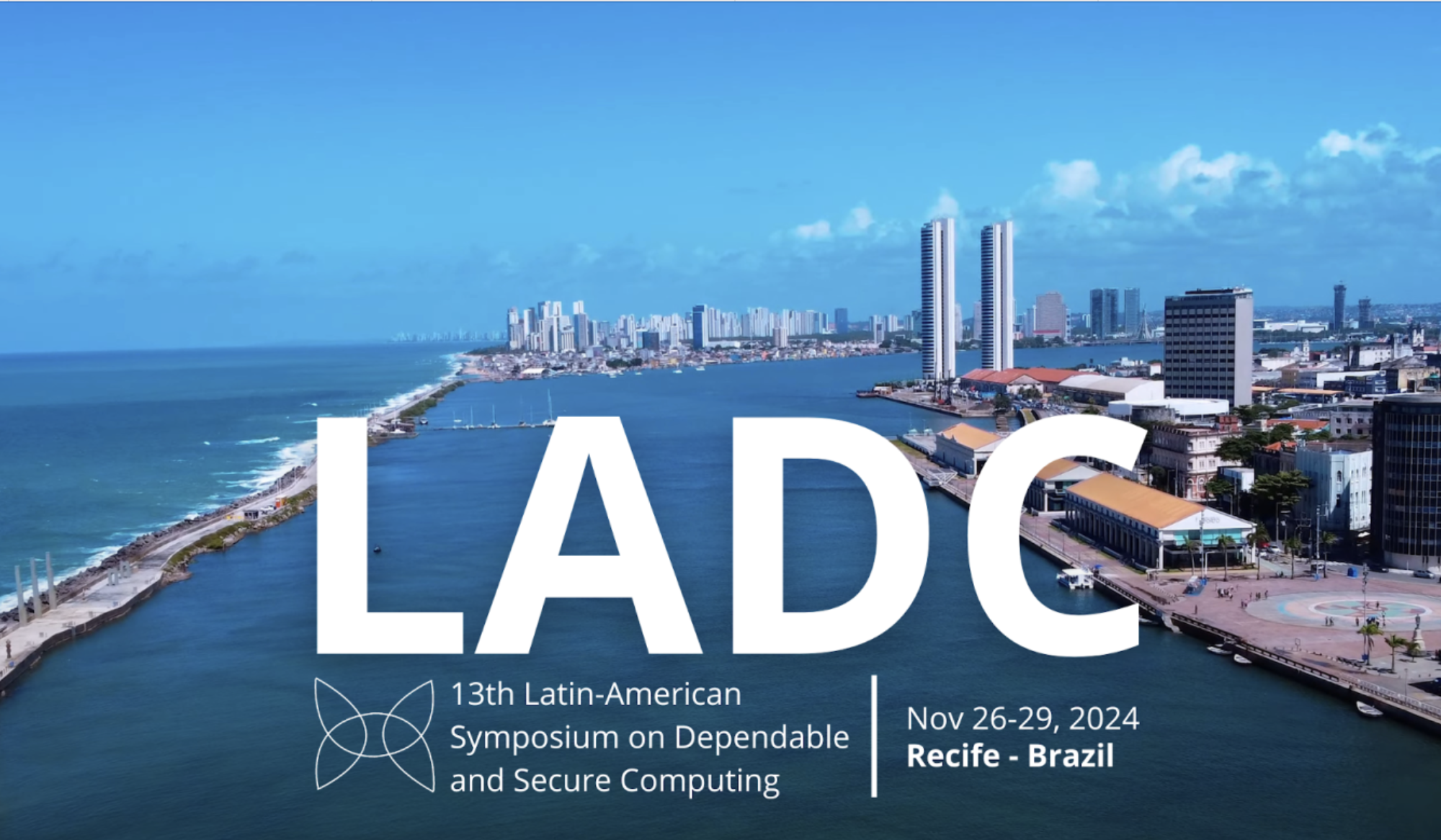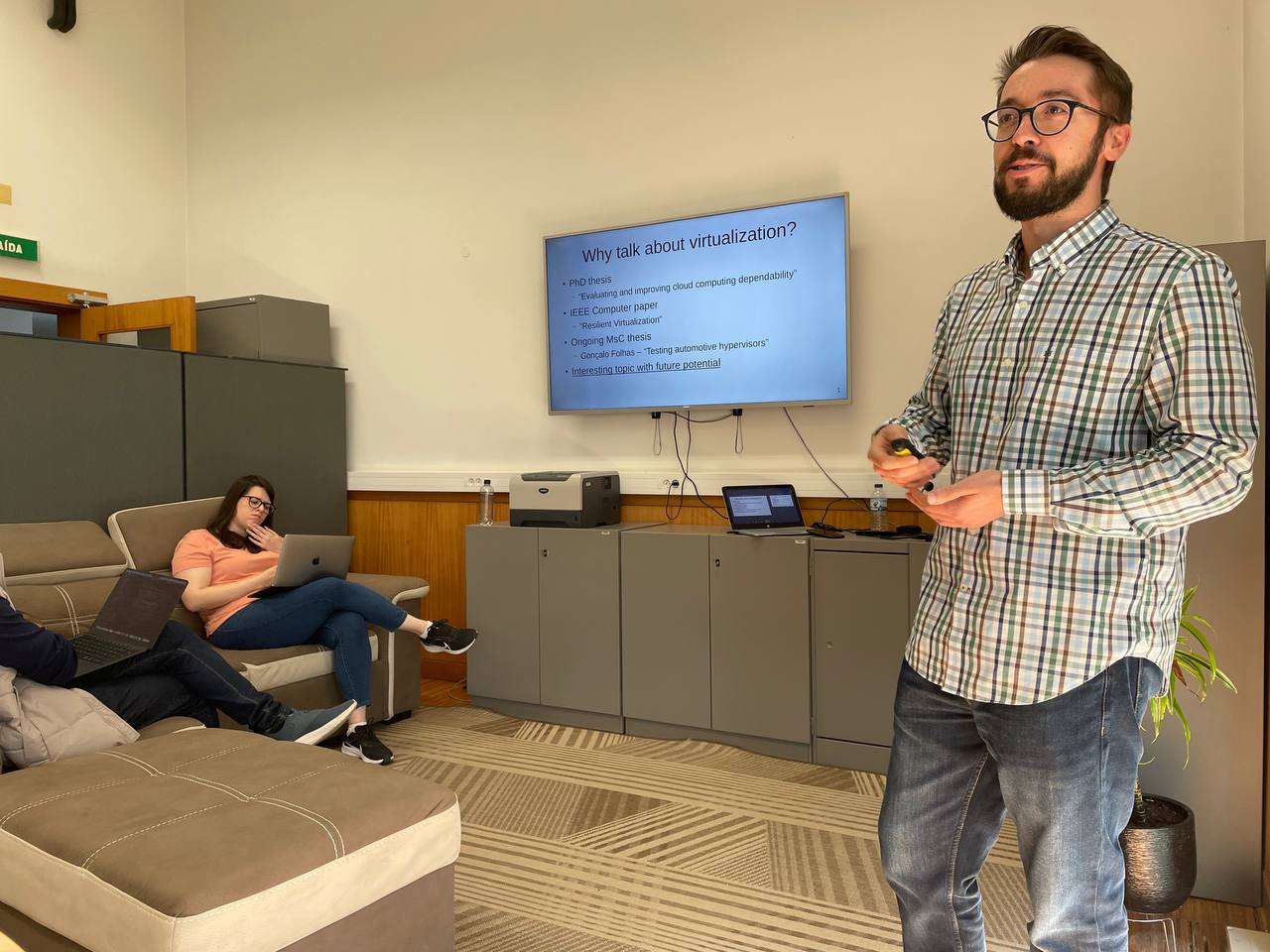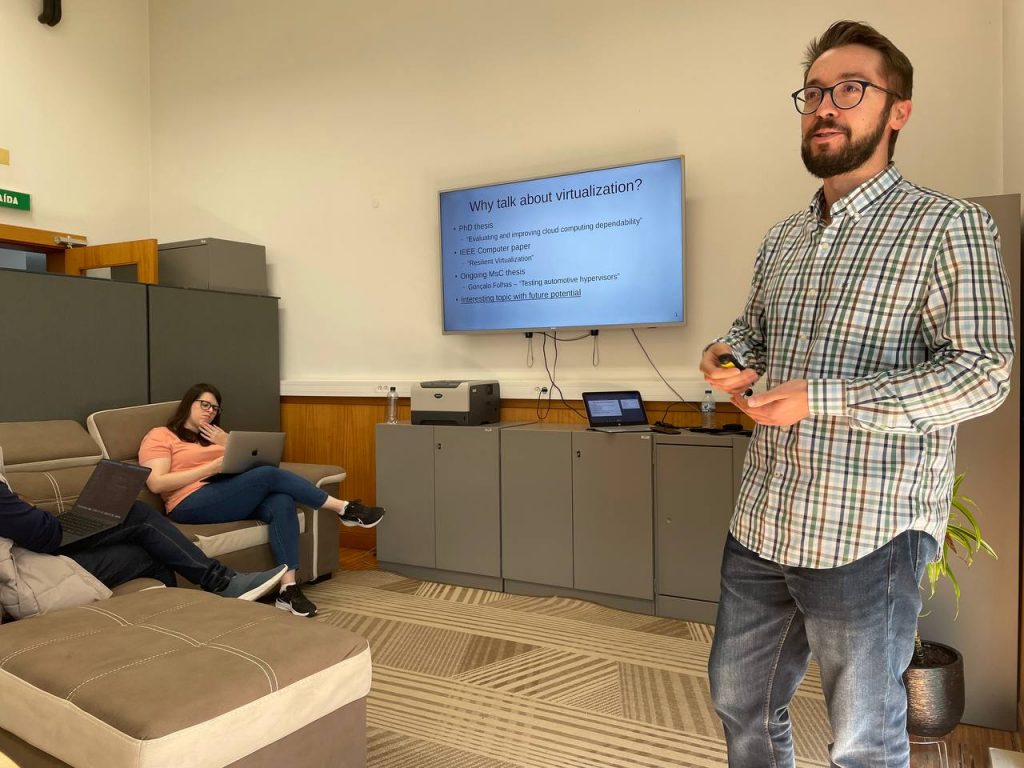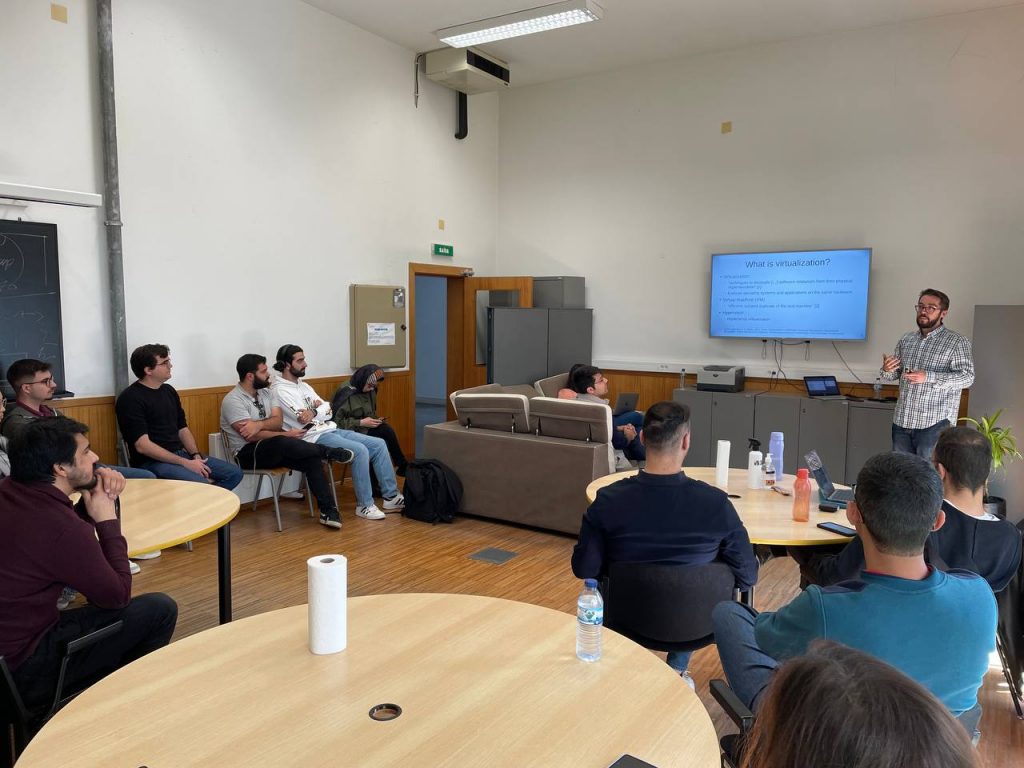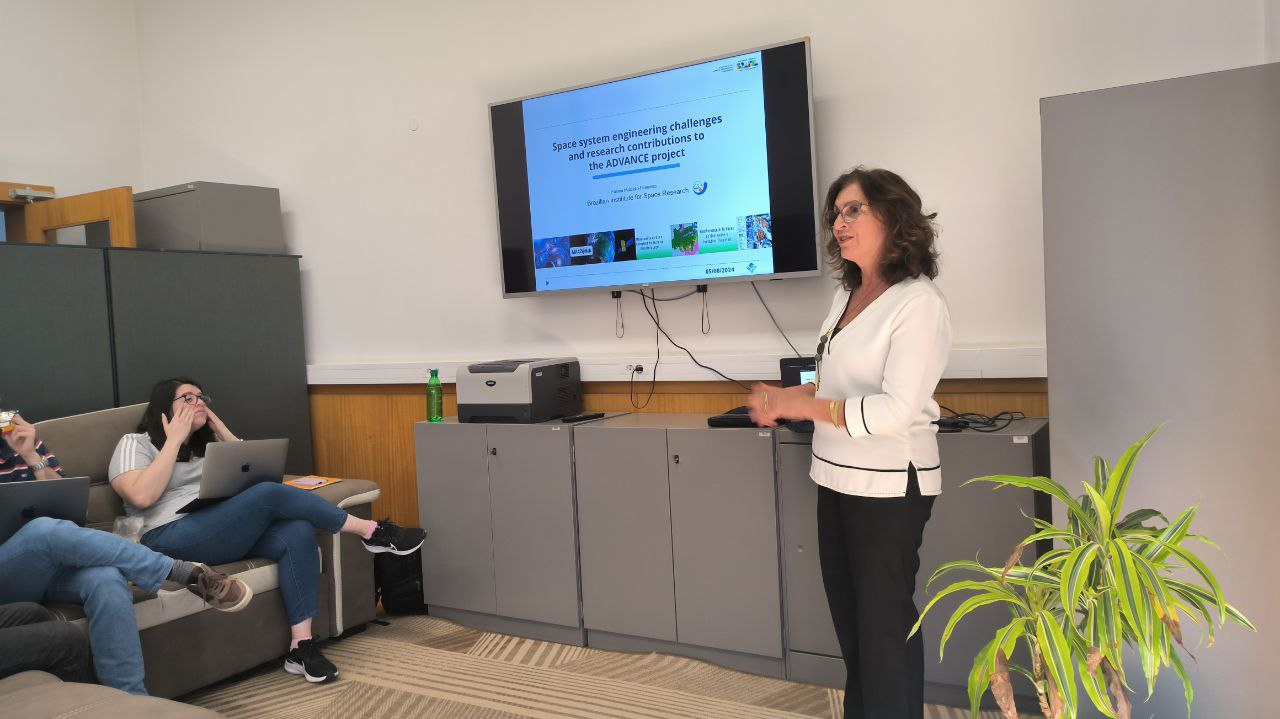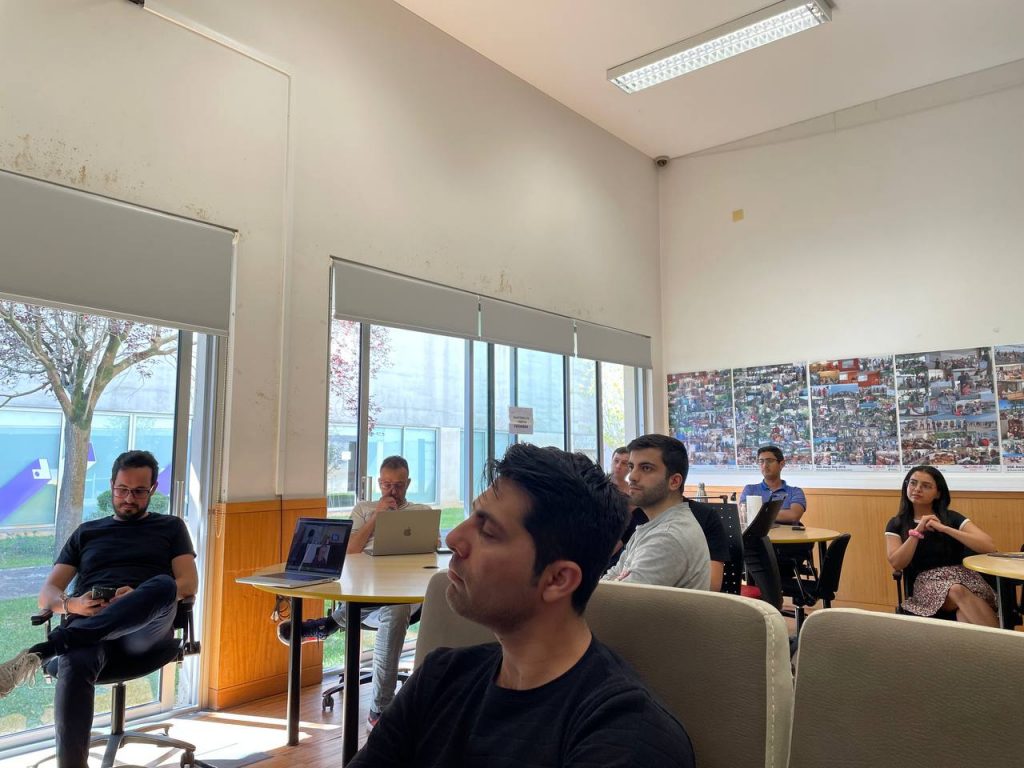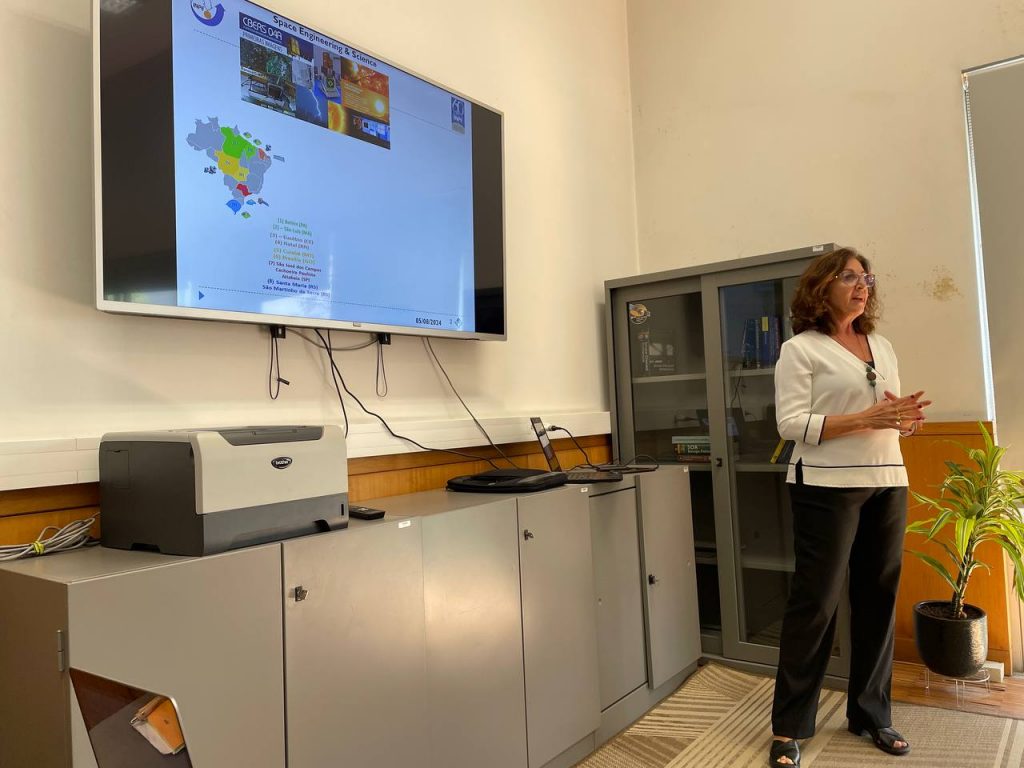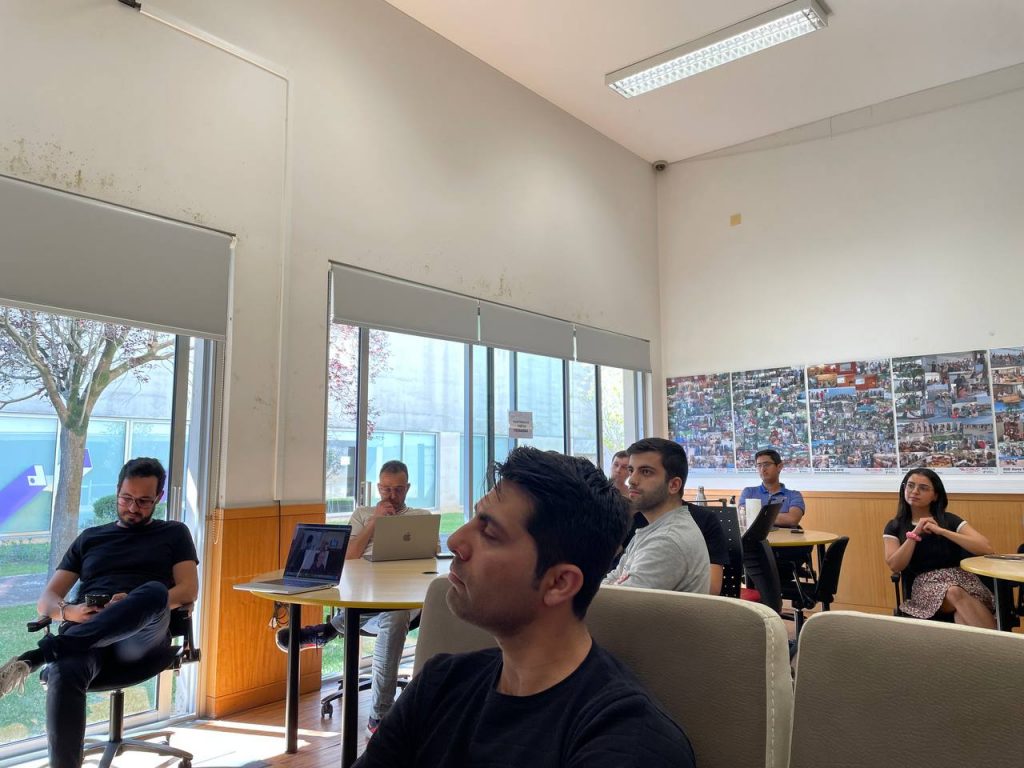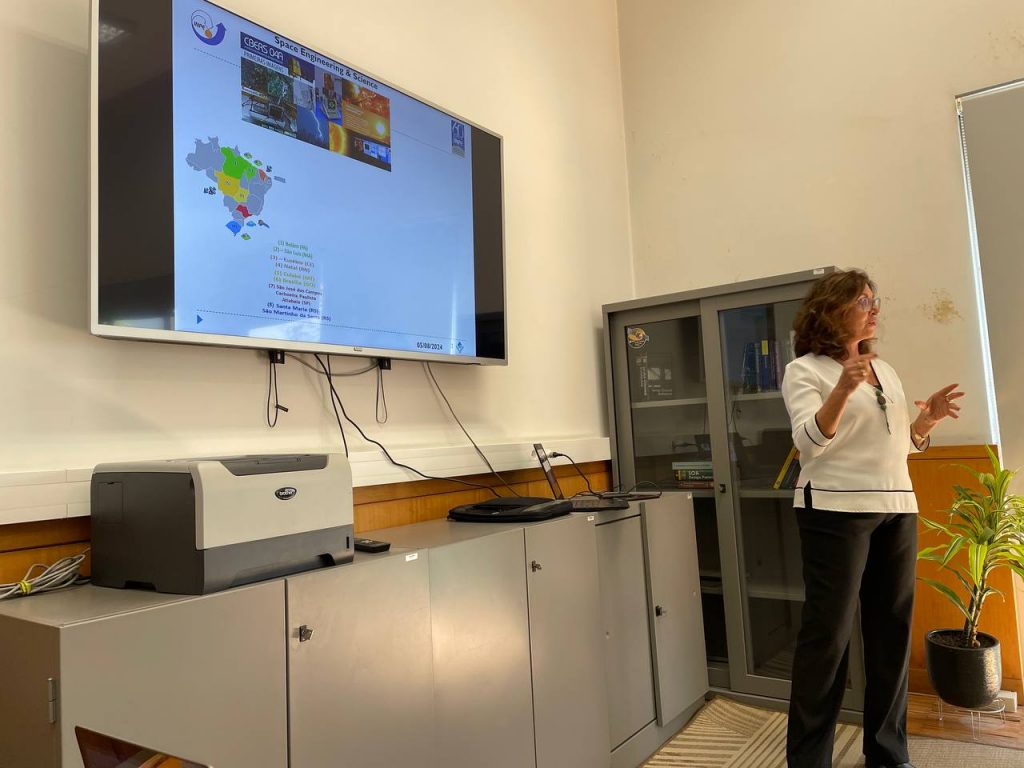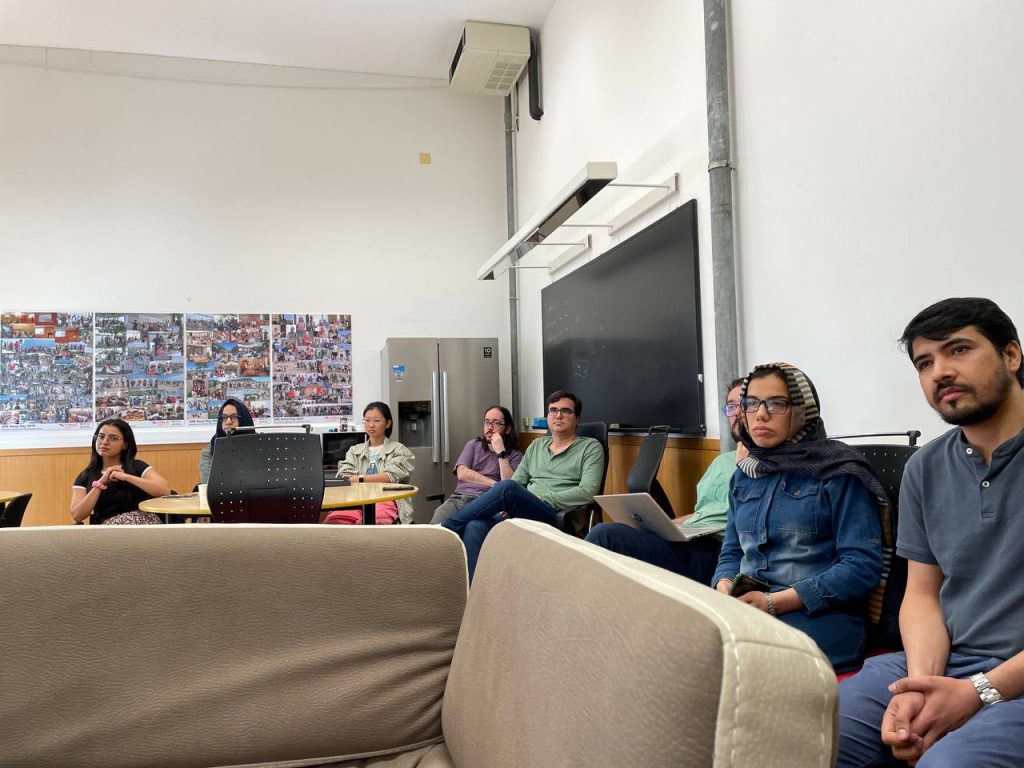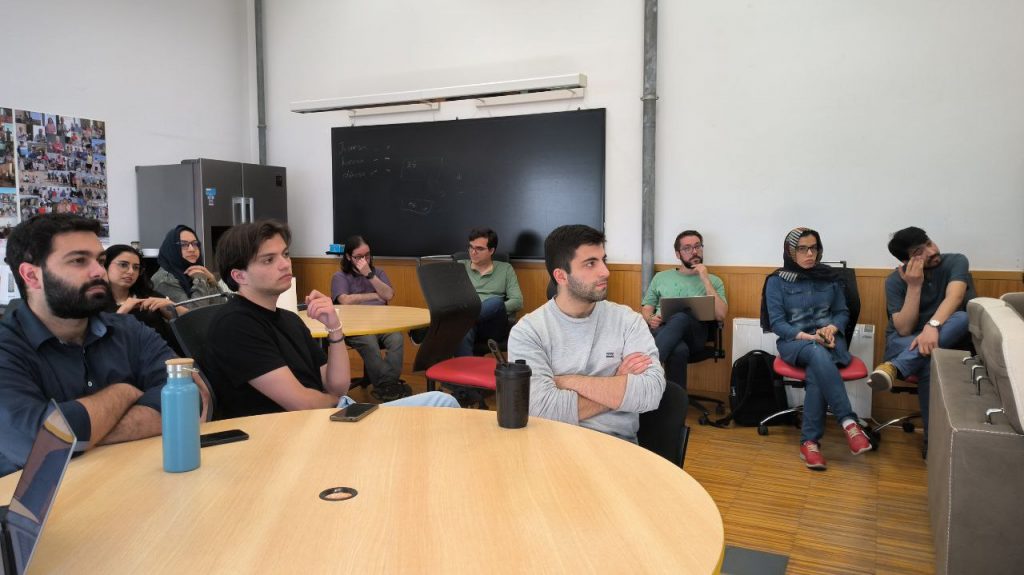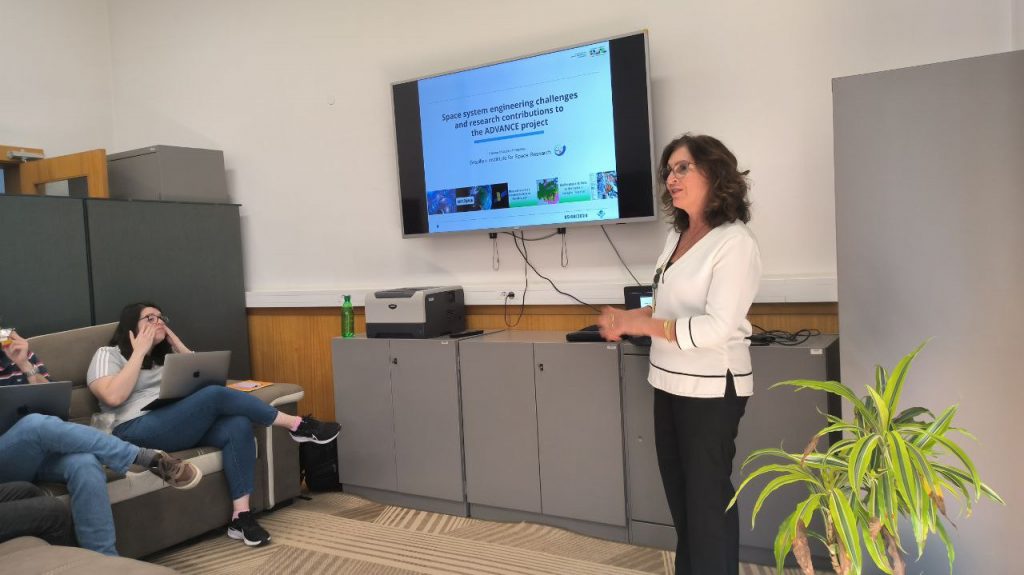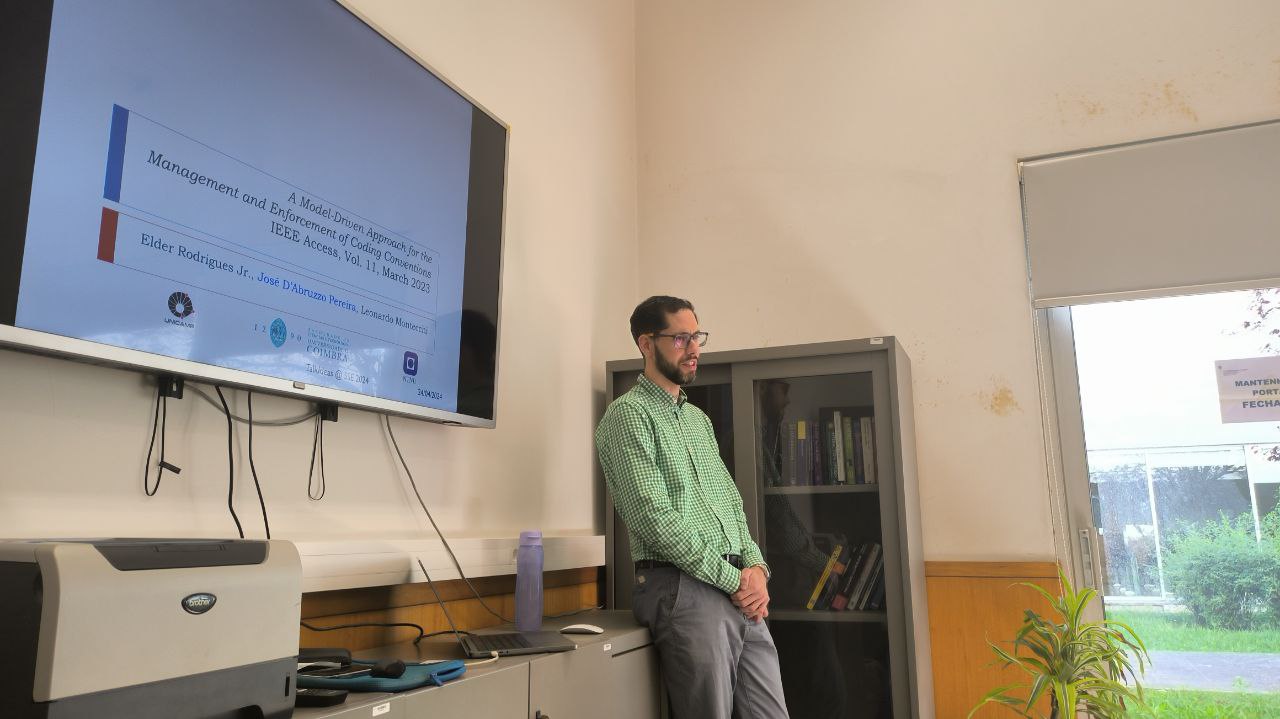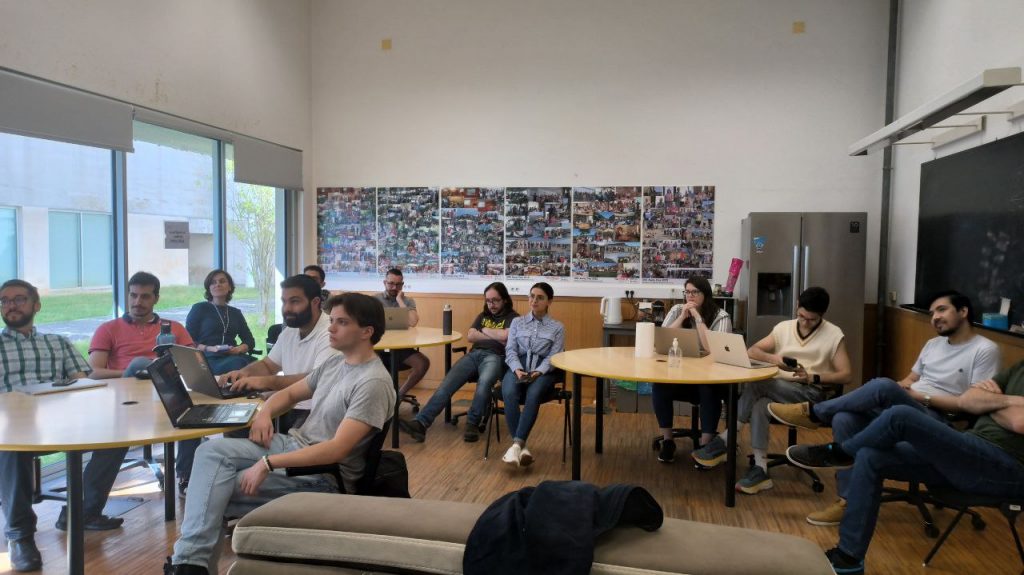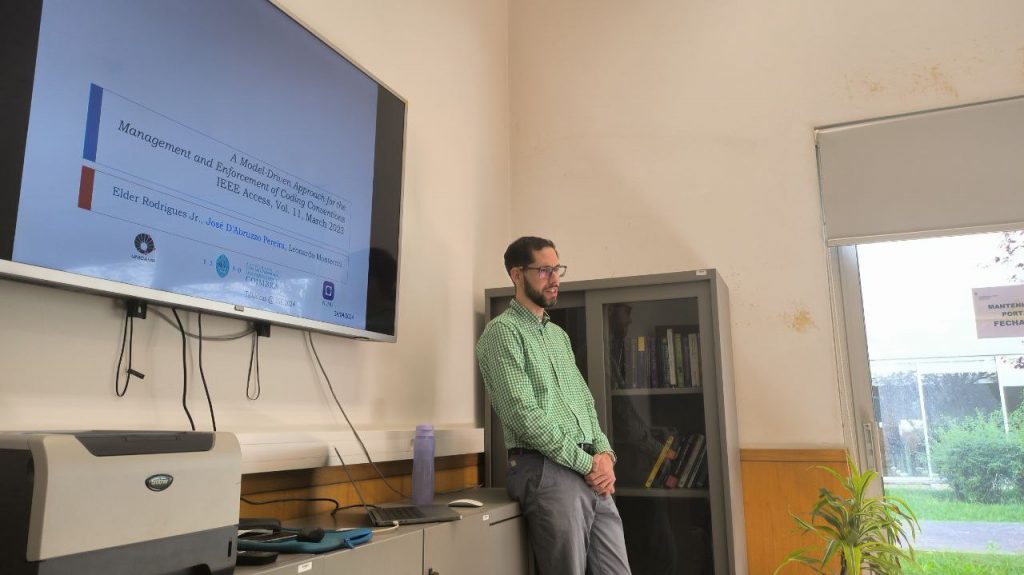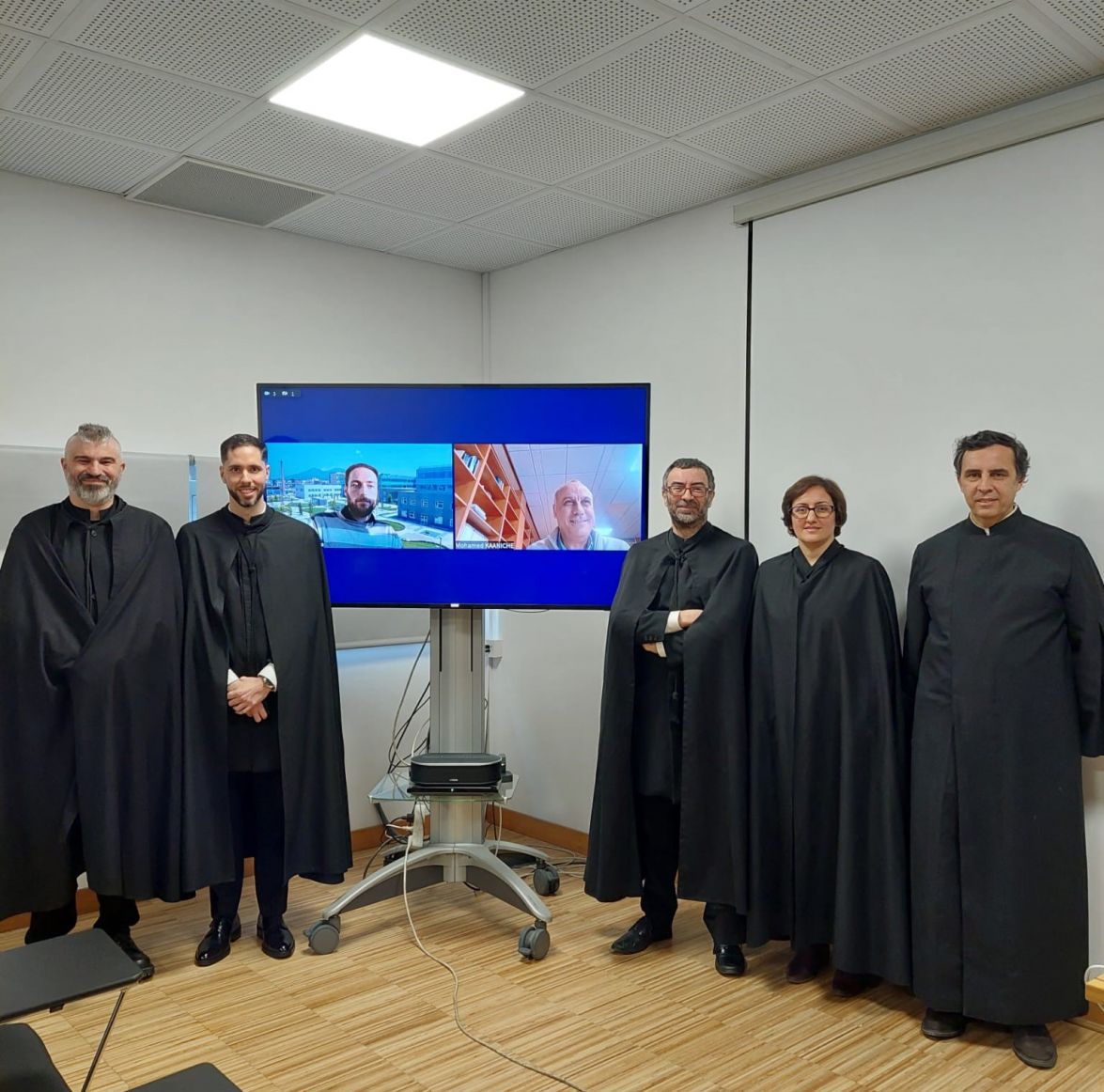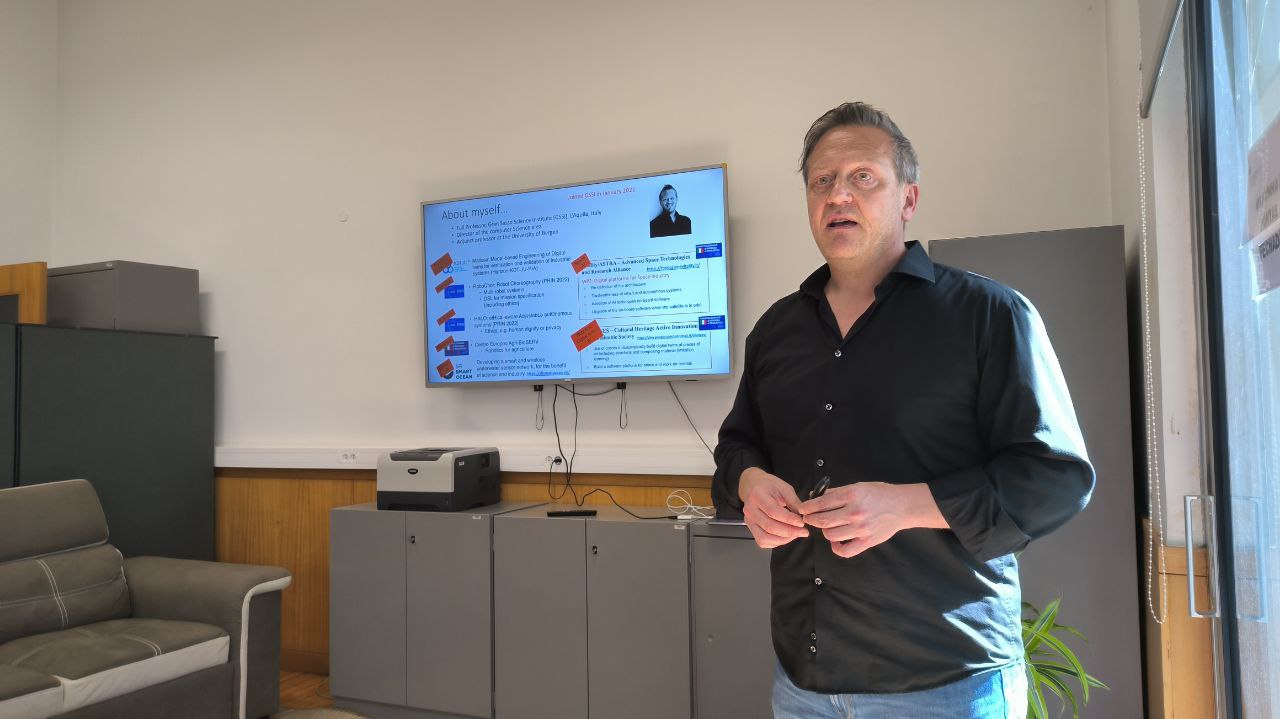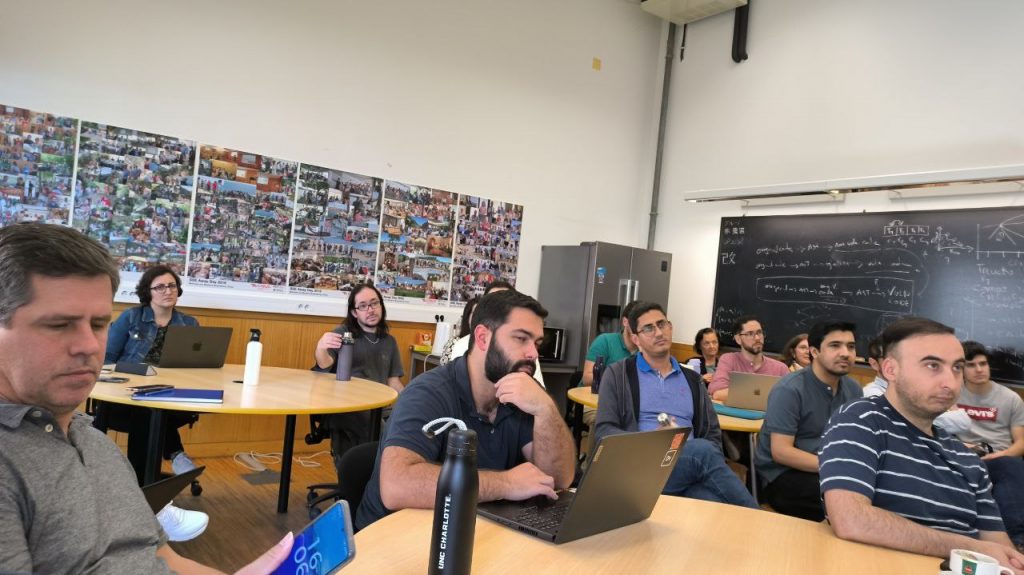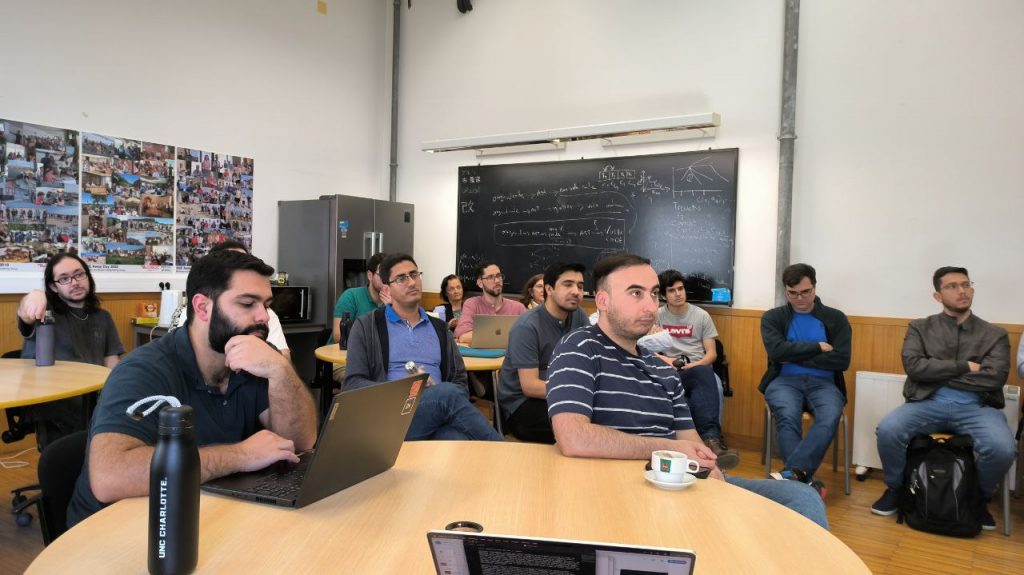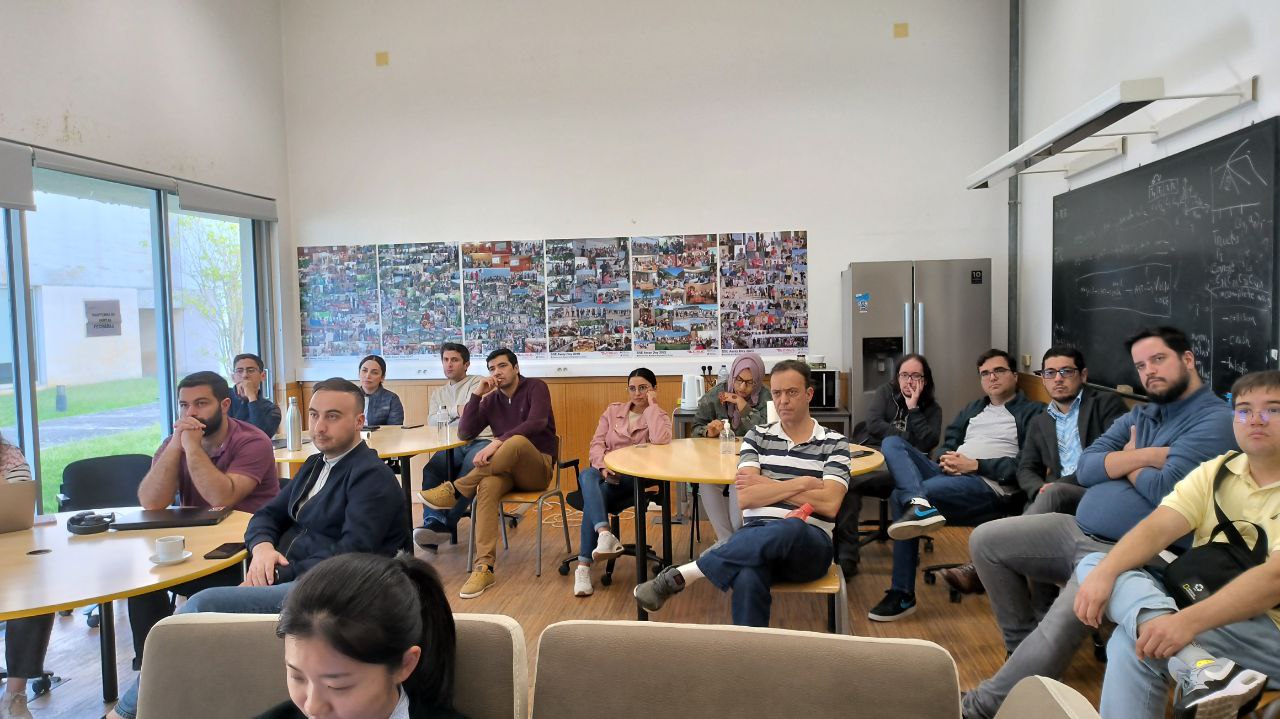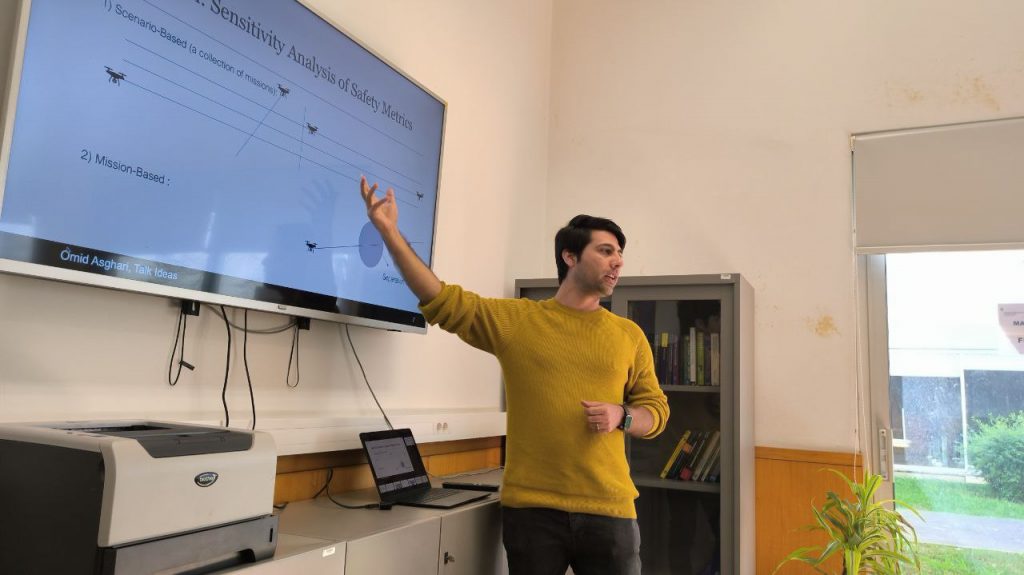3rd of July at 16h30, Diego Gomes and Eduardo Felix will give two short presentations, to promote discussion on two relevant ongoing or disruptive topics. Afterwards, there will be a social gathering where everyone can talk freely on whatever subjects they like.
Location: G4.1
Diego Gomes – “Vulnerabilities Detection in IoT Gateways Source Code”
Bio
Diego Ribeiro Gomes is a Ph.D. student in the Department of Informatics Engineering at the University of Coimbra. He holds a Bachelor’s degree in Computer Networks and a Master’s degree in Applied Informatics from UFRPE, with a focus on evaluating security requirements in the Internet of Things (IoT). Currently, he is involved in a project on static analysis in IoT, aiming to identify vulnerabilities and enhance the security of IoT systems. His research interests include Information Security, Cybersecurity, and the Internet of Things (IoT).
Abstract
The growth of the Internet of Things (IoT) has brought significant advancements across various industry sectors. Simultaneously, security concerns have also escalated due to the IoT expansion. Cyber-attacks target numerous IoT devices due to firmware, source code, and software vulnerabilities. In this context, static analysis integrates techniques such as taint, syntax, flow, semantics, and graph analysis to detect vulnerabilities without executing the code. However, studies indicate that these techniques have specific limitations in identifying vulnerabilities highlighted by OWASP, a recognized authority for its expertise in identifying significant threats in the community. This project aims to propose a solution based on static analysis techniques to enhance the detection of vulnerabilities highlighted in OWASP’s Top 10 in the source code of IoT gateways.
Eduardo Felix – “Dynamic Security Evaluation of Smart Home Devices”
Bio
Eduardo Ferreira Felix holds a bachelor’s degree in Computer Science from the Federal Rural University of Pernambuco (UFRPE – Academic Unit of Garanhuns), completing his undergraduate studies in 2018. Subsequently, he obtained a Master’s degree in Applied Informatics from the same institution in Recife, completing his master’s degree in 2022. He is pursuing his Ph.D. and is a researcher at the Department of Informatics Engineering at the University of Coimbra, Portugal. His main research interests include topics such as information security, cybersecurity, and the Internet of Things.
Abstract
The continuous advancement of the Internet of Things (IoT) brings substantial security challenges, demanding approaches that ensure the integrity and confidentiality of interconnected devices. However, safeguarding these devices becomes a challenging task, calling for adaptable security solutions tailored to the distinctive attributes of these devices and the environments in which they operate. This project aims to propose a solution for the dynamic analysis of IoT device security in the context of smart homes, aiming to identify and analyze vulnerabilities listed in the OWASP Top 10 IoT reference. To accomplish this, we will explore techniques, methods, and approaches based on dynamic analysis for vulnerability detection.Our goal is to consider the distinctive characteristics of smart homes and the diversity of IoT devices, ensuring effectiveness in vulnerabilitydetection.
